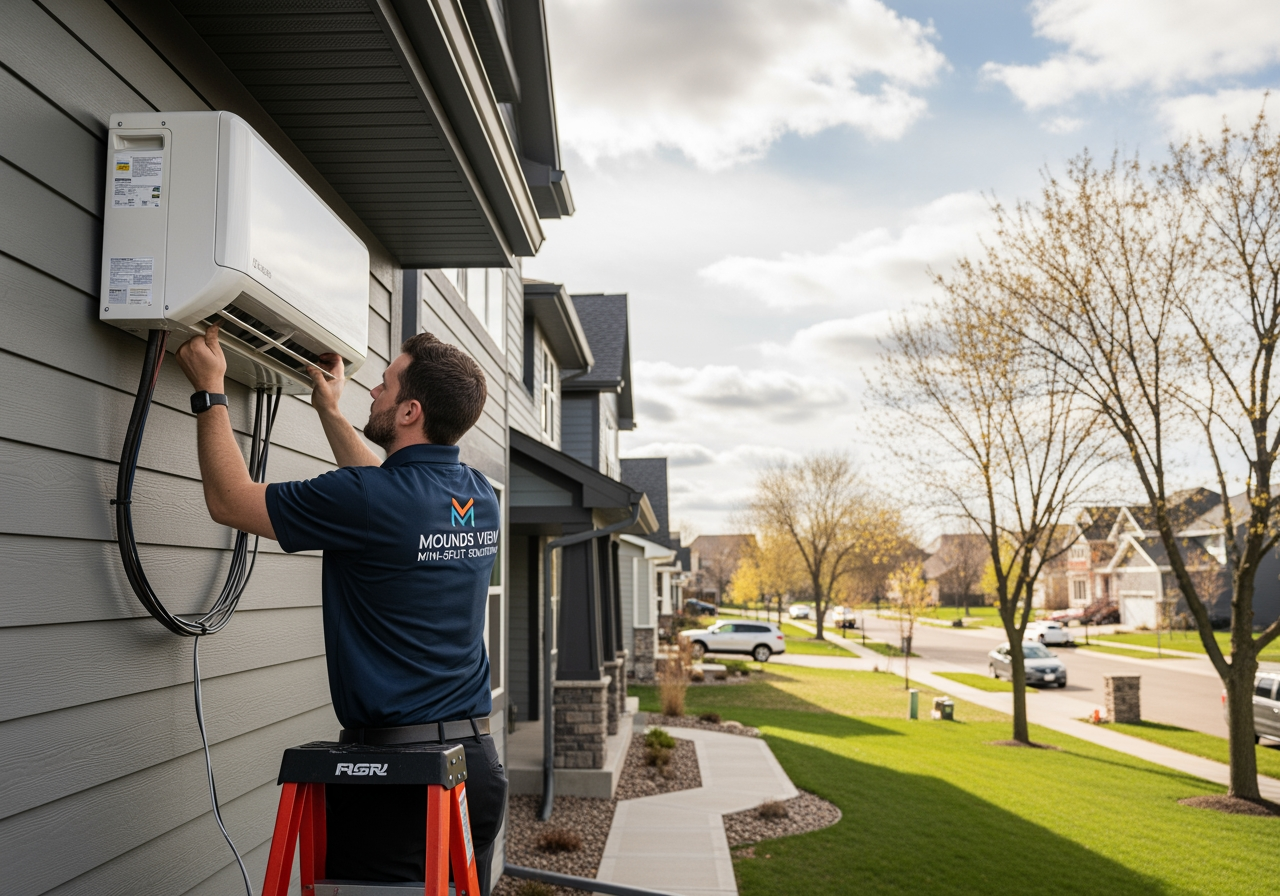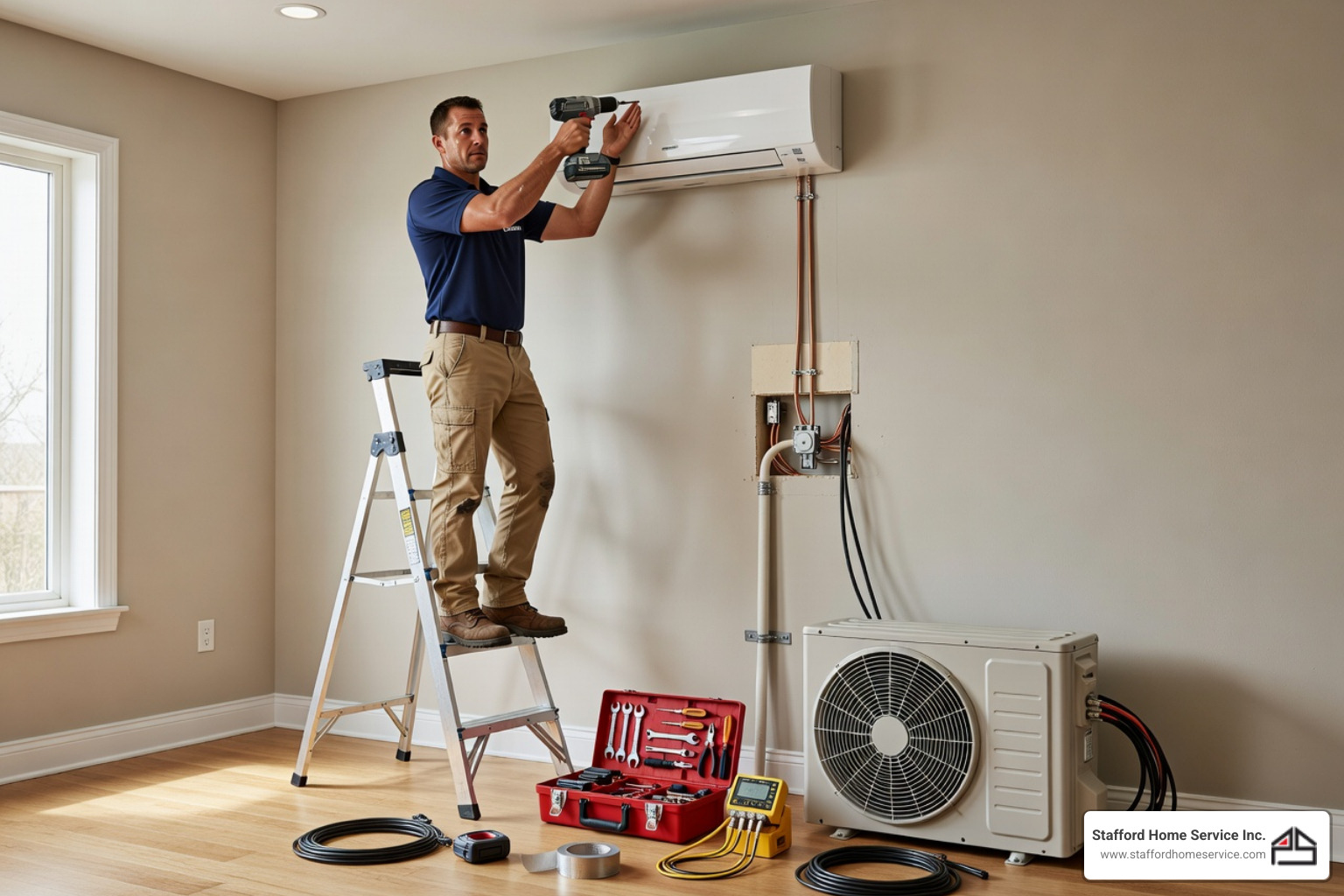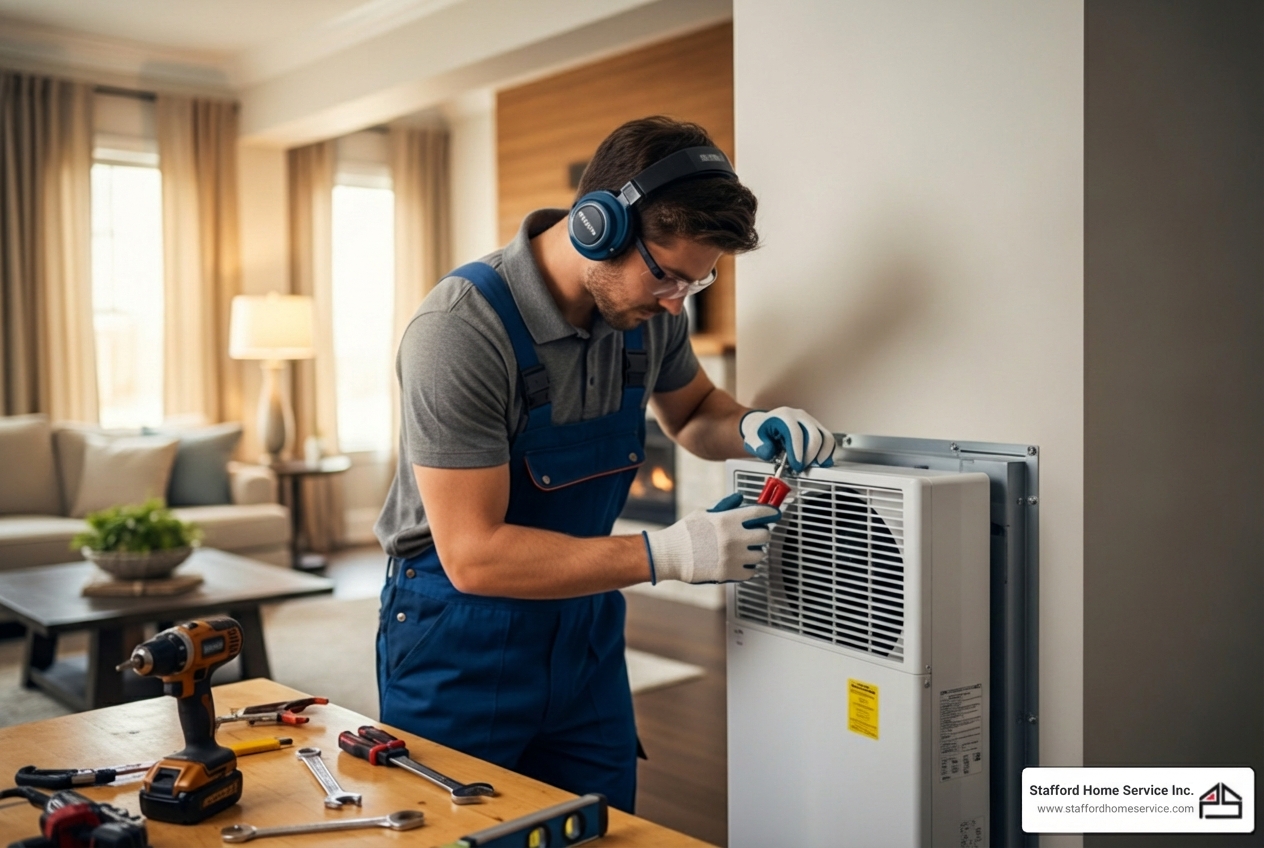Five Ways to Lower your AC Costs this Summer
Five Ways to Lower Your AC Costs This Summer | Call Stafford Home Service Inc. for Air Conditioning and Heating Service In Edina, St. Louis Park, Golden Valley, Minnetonka, MN, and Surrounding Areas
Minnesota summer is at your doorstep, knocking to come in. That means a few things: humidity, scorching temperatures, long weekends at the lake, and the need to cool down your home so it doesn’t turn into a sauna. But don’t overdo it with your air conditioning. We suggest these five ways to lower your AC costs and save energy this summer.
Maintain or Replace
Did you know that cleaning a clogged AC unit filter will save 5 to 15 percent in energy use? Before it’s really time to crank up the airflow, clean or replace the filter to make sure the unit runs efficiently. Schedule an inspection or repair service if you suspect a problem.In the case of irreparable damage or failure, or if your AC unit is 10 to 15 years old, you might want to consider a replacement. Signs that you should replace an air conditioning unit include:
- Frequent repairs
- The system runs constantly throughout the day and night.
- Higher utility bills.
- Increased humidity levels or dust in your home.
A brand-new unit will run much more efficiently and save you money and energy in the long run.
Open Those Windows
Especially in the months of May and June, Minnesota experiences cooler nights. A great way to cool down your house at no cost is to turn your AC off and open your windows at night and on cool, breezy days. Cross ventilation helps circulate air and replaces overheated air with cool, fresh air from outside.
Install a Programmable Thermostat
Programmable thermostats are a key to conserving energy and saving money during the summer months. They can regulate humidity and air quality, are customizable to follow your family’s schedule, and can be controlled remotely. Some thermostats learn your day-to-day habits. With the latest thermostat technology, it’s easy to make sure you’re only using your AC when you need it.
Close the Blinds and Place Plants
Your air conditioner works harder to cool rooms with abundant sunlight. Combat the sun with Venetian blinds or light-colored curtains and close them when you’re not in the room. You can also plant trees and shrubs on the south and west sides of your house. They will absorb the heat that other surfaces can’t and block sunlight from getting through your windows. You can also plant trees around your AC unit to provide shade during the day for up to 10 percent increased efficiency.
Bring the BBQ Outside
We’re in prime grilling weather now, so why fight it? Try to cook outside – or not at all – to lower your AC costs. Turning on the oven or stove creates heat and makes your air conditioning work harder. Avoid adding heat indoors and grill more often or eat chilled dishes that don’t need to be cooked.For more tips on how to lower your AC costs this summer and save energy, contact us today.
Customer Testimonials
Our customers consistently praise our knowledgeable technicians, prompt service, and the lasting quality of the work we deliver.









